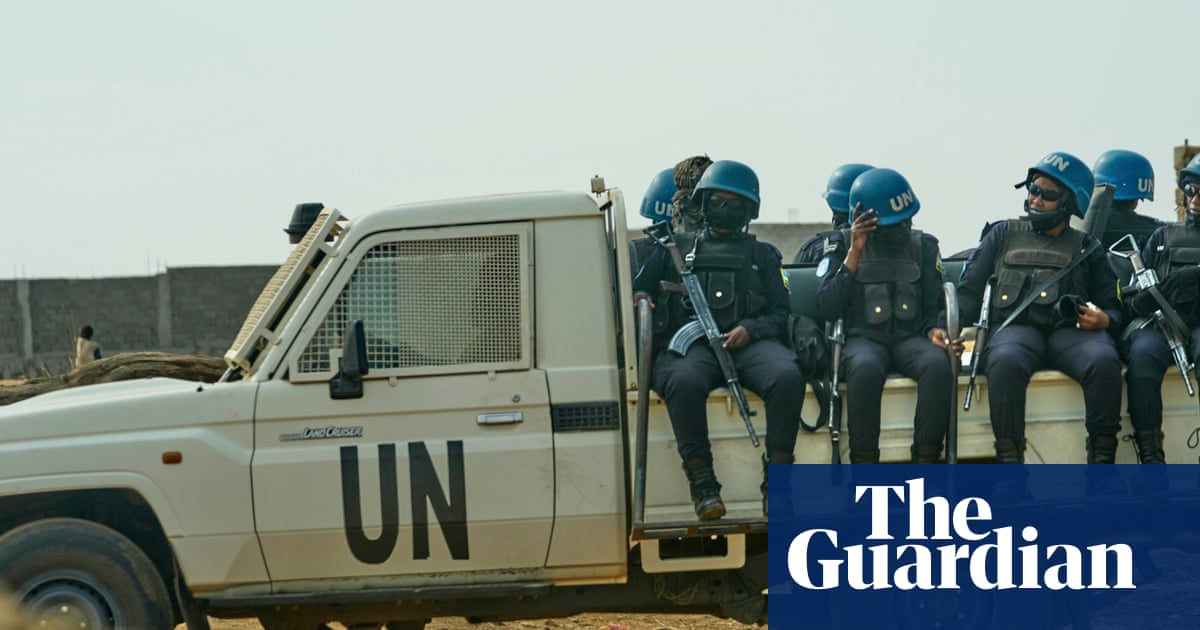An attempt by the USto deport South Asian migrants to South Sudanhas cast a spotlight on the world’s youngest country, which is experiencing a renewed outbreak of the political tensions that have plagued it over the years.
On Tuesday, a US federal judgesaidmigrants supposedly flown from the US to South Sudan appeared to have been deported in violation of a court order and ruled that they remain in the custody and control of US officials.
US immigration authorities confirmed on Wednesday that eight migrants from Cuba, Laos, Mexico, Myanmar, Vietnam and South Sudan were on the deportation flight and claimed that they had been convicted of offences including murder, armed robbery and other serious crimes.
South Sudan’s police spokesperson, Maj Gen James Enoka, told the AP on Wednesday that no migrants had arrived and if they did, they’d be investigated and those found not to be fromSouth Sudan“re-deported to their correct country”.
If they do make it to South Sudan, they will find a country in the midst of political uncertainty and renewed fighting between rival factions.
South Sudan became the world’s youngest country when it gained independence from Sudan in 2011 after a referendum.
The country of 11 million people is rich in oil reserves and its economy is heavily reliant on exports of the product. But the sector is marred by mismanagement and corruption and despite its vast resources, the country is underdeveloped, with most places lacking electricity, paved roads and other infrastructure.About two thirdsof its population live in extreme poverty.
South Sudan also experiences some of the world’s most punishing climate phenomena, including extreme flooding, which displaced 380,000 people last year.
In March, authorities put Riek Machar, the country’s first vice-president and main opposition leader, under house arrest,accusing him of agitating his supporters to cause a rebellion.
Earlier that month, the White Army, a community militia loyal to Machar, had launched attacks against the country’s military in Nasir county and overran an army base.
The militia said it had acted in self-defence. The government responded by bombarding areas where the group was based and arrested opposition figures.
Machar’s party, SPLM-IO, said his arrest had in effect collapsed the peace deal that ended the 2013-2018 civil war in which an estimated 400,000 people were killed in fighting between Nuer fighters loyal to Machar and Dinka forces backing Salva Kiir, the current president.
This year’s renewed tensions have put the deal to the test and shaken a fragile peace, with the United Nations warning that South Sudan wason the brinkof relapsing into widespread conflict.
Machar remains under house arrest and government offensiveshave continuedin many parts of the north-east, where Nasir is located.
On Tuesday, Kiir promoted second vice-president Benjamin Bol Mel as the deputy chairperson of his SPLM party. In his new role, Bol Mel, who is widely viewed as Kiir’s chosen successor, would become acting president if Kiir stepped down.
The news about deportations of South Asians to South Sudan comes weeks aftera standoffbetween South Sudan and the US after the US sent a Congolese man to South Sudan, claiming he was South Sudanese.
